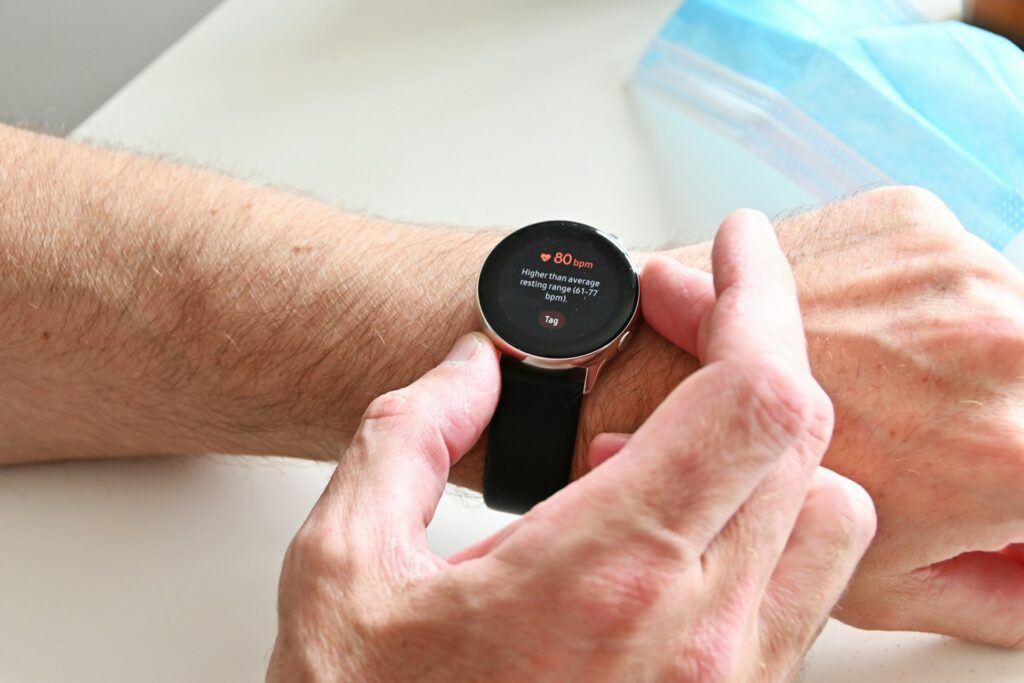Beverly Crusher is starting a digital health company aiming to bring Artificial Intelligence (AI) solutions to clinics and hospitals. She has a background in data science and is excited about the potential of AI to improve healthcare delivery and patient care.
However, implementing AI in healthcare comes with a unique set of challenges. It is like embarking on a long road trip filled with twists and turns.

Here are 7 common pitfalls Beverly needs to avoid on her start-up journey:
-
Full speed ahead? Buckle up your data first!
Healthcare data is extremely sensitive so its privacy and security should be her top priority, just like protective gear on a rugged drive. Follow best practices around de-identification, encryption, and access controls to protect patient privacy. Conduct rigorous security testing and risk analysis to prevent data breaches.
-
Autopilot on? Keep your hands on the healthcare AI wheel
AI should help, not fully replace human expertise in diagnoses, just as cruise control doesn’t replace active driving. It’s important for you to remain in the driver’s seat for critical judgments. Maintain a balance between AI-driven automation and personalized patient care.
-
Healthcare AI driving solo? Stay alert for detours ahead!
Continual human oversight of AI is crucial to spot biases in data or issues in algorithms before they veer systems off course. A 2019 study found a healthcare algorithm for over 100 million patients was biased against Black individuals by relying on past spending data, requiring Black patients to be much sicker than white patients to receive the same care recommendations. Much like a responsible driver would not turn over full control but stay alert to prevent drifting or mishaps, human auditing to detect biases is crucial for successful AI implementation.
-
Don’t forget your copilots – keep doctors and nurses involved
Solo driving can be dangerous in unknown terrain. When designing an AI system, it would be a good idea for Beverly to involve healthcare teams early and often. Getting regular guidance and feedback from nurses, doctors, and technicians on integrating AI into workflows fosters collaboration, eases adoption, and prevents burnout. In fact, many existing electronic health record (EHR) systems were designed without adequate stakeholder input, resulting in friction and inefficiency that contribute to burnout rates of over 50% among physicians and nurses. This highlights the importance of gathering regular user feedback when implementing new healthcare technologies like AI, rather than taking a top-down.
-
Don’t just follow the AI GPS – patients can help map the route ahead!
Following the lead of healthcare AI is like letting a GPS guide your road trip – it provides vital navigation but doesn’t replace the driver. Tuning out patients’ voices will derail the care plan. Instead, maintaining two-way communication enables patients to feel actively engaged in their own care journeys. AI works best when patients can help steer decision-making around their health priorities and values.
-
Training wheels required? Don’t skip AI education
Beverly shouldn’t disregard the need for ongoing education and training for healthcare professionals. Without the proper knowledge, providers may interact inefficiently or improperly with AI systems and increase risks.
-
AI as a black box? explainability lights the way
Many advanced AI systems act as “black boxes”, and the inner workings of their algorithms cannot be easily explained or understood. This lack of explainability casts an aura of mystery and prevents clinicians and patients from fully trusting AI recommendations. Healthcare AI should not operate in shadow. Beverly should make sure algorithms are transparent and can be understood. Shining a light inside the black box also helps build trust and reliance.
The road to delivering medical AI solutions is exciting yet filled with pitfalls. By prioritizing data privacy, maintaining human oversight, engaging multidisciplinary teams, centering patient perspectives, providing ongoing education, and ensuring algorithmic transparency, innovators like Beverly can steer their AI solutions towards the responsible advancement of medicine. While the road is winding, the destination is worth reaching.
With our powerful survey capabilities, Sogolytics can help you shine a light on your AI blind spots. Contact us today to discuss your needs or request a demo with your challenges and let us work on the solutions with you.














